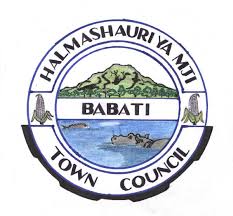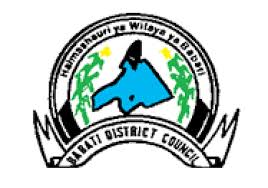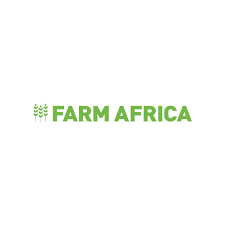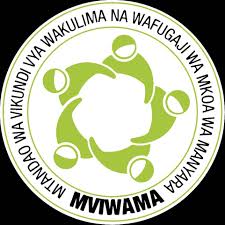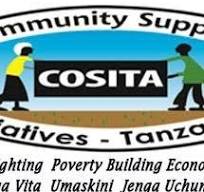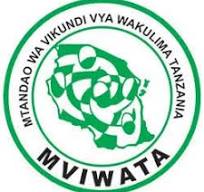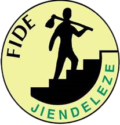About us
Foreword from the chairman-FIDE
Early in 1990 five founding members, propelled by the altruistic desire to help follow disadvantaged citizens out of poverty, formed FIDE.
Since its humble beginning about quarter of a century ago, FIDE has worked with poor people in rural areas in Babati to come out with programs aimed at breaking the vicious circle of poverty in which they seemed to be intractably trapped.
Empathising with the villagers in tapping their accumulated talents, FIDE synergised with the government, local government and other stakeholders to initiate projects in sectors ranging from agriculture, livestock, food security, gender networking and mainstreaming, education, health provision and environmental conservation. A total of more that Tshs. 1.3bn has been used so
far in such development endeavours.
These successes were primarily made possible by the beneficiaries (villagers) themselves and secondarily by other stakeholders and contributors from outside the country.
For sustainability purposes the people are central in every step in the planning, implementation and monitoring activities. Indeed, efforts to alleviate poverty through gainful employment, sustainable use of resources and gender equality have bore anticipated fruits in Babati District and we are looking forward
to replicate such experience in other districts countrywide.
You are all welcome to join the Dream Team
Thank you,
Yohana R. Tessua – Chairman

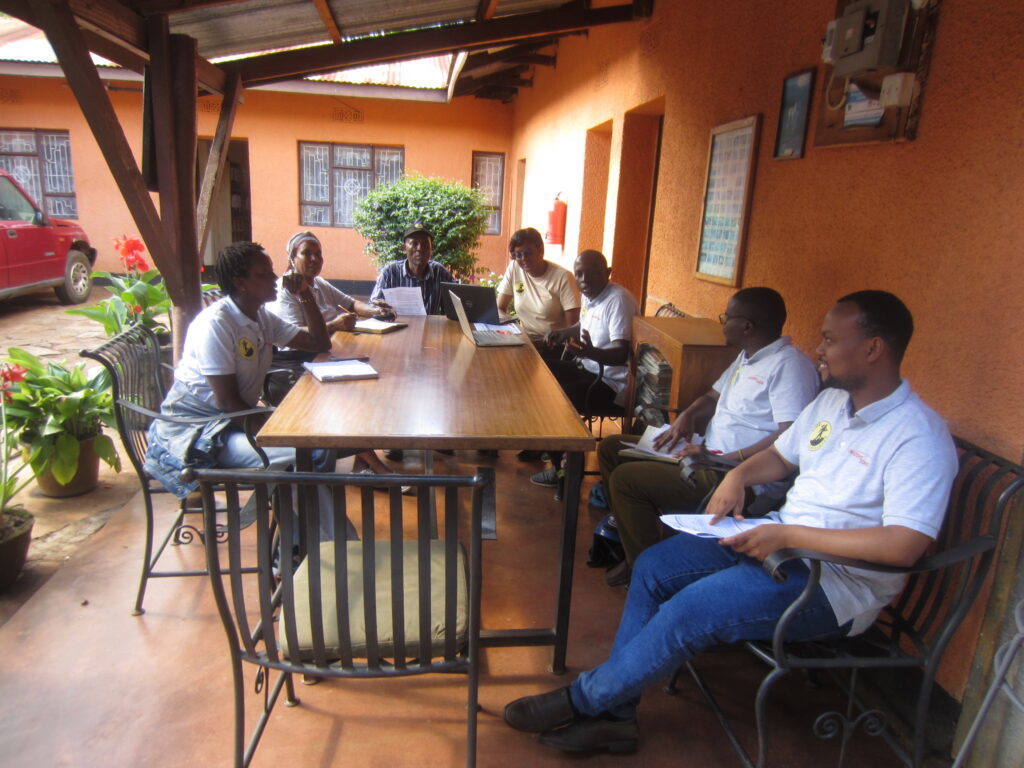
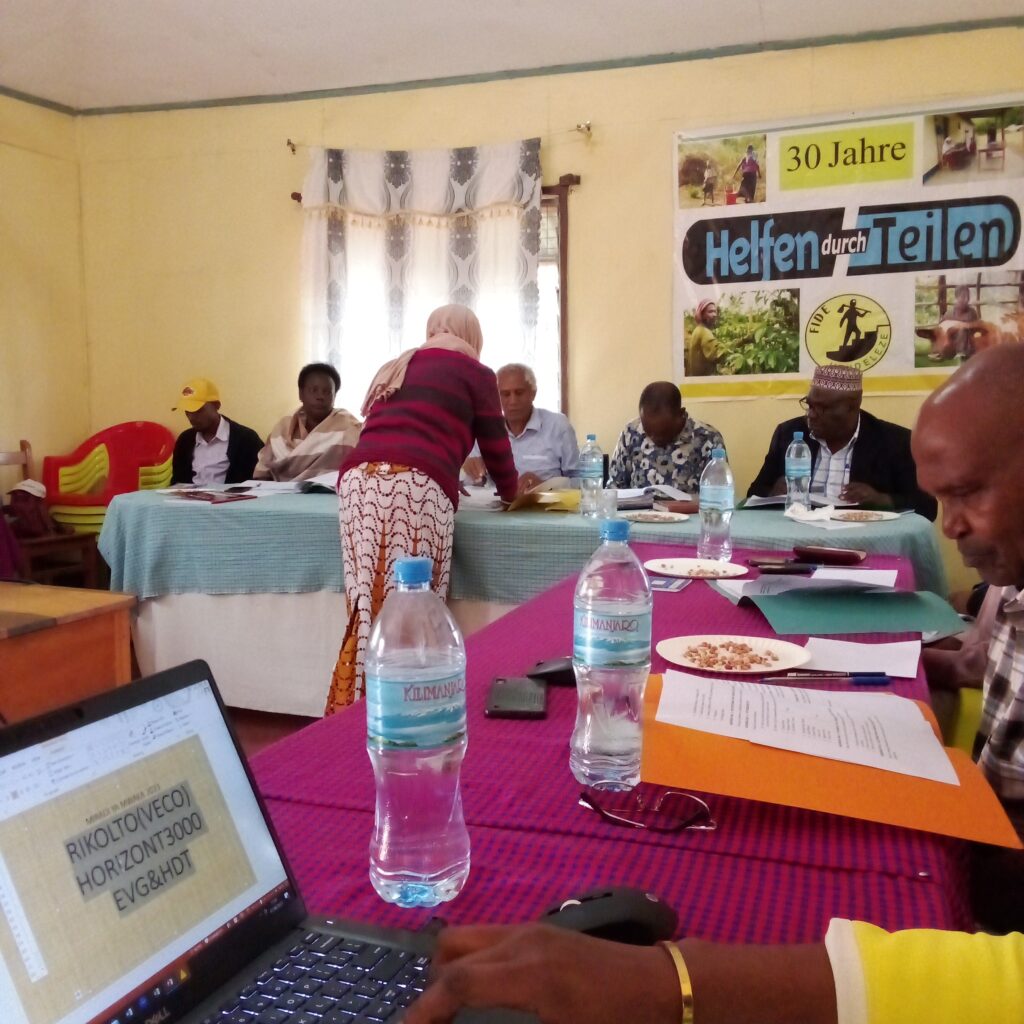
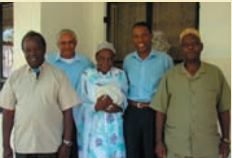
Who we are
Friend in Development (FIDE) is a Non-Governmental Organization (NGO) registered with the Tanzanian Authorities in 1992. Its central focus is to promote social economic transformation with emphasis on environmental issues and creation of gainful employment and sustainable development. Since its establishment the organization has worked with people and organizations at grassroots level to alleviate poverty with emphasis on gender equality.
FIDE is based in Babati, and supports communities in Kilimanjaro, Manyara, Tanga, and Arusha Regions.
FIDE has set itself the following major objectives:
- Enhance better management of natural resources, improved agricultural techniques, health and family planning through community training;
- Promote viable entrepreneurship initiated by women and youths in order to generate gainful employment in both urban and rural areas;
- Enhance development of the rural active poor by supporting their medium and small scale initiatives which have direct socio-economic benefits;
- Assist in consultancy and research on appropriate technology, renewable energy, health, agriculture and product markets, and disseminate results to the community for their use.

Our approach
FIDE is using the group approach to reach its beneficiaries; facilitating the formation of new groups and strengthening existing ones. The target groups are
small holder farmers.
FIDE’s experiences have shown that farmers adopt new knowledge and skills easily when they see and interact with others outside their localities. The use
of exchange/ study visits, training workshops in other areas were useful to integrate the target farmers in the broader society, by exposing them to new ideas and practices.
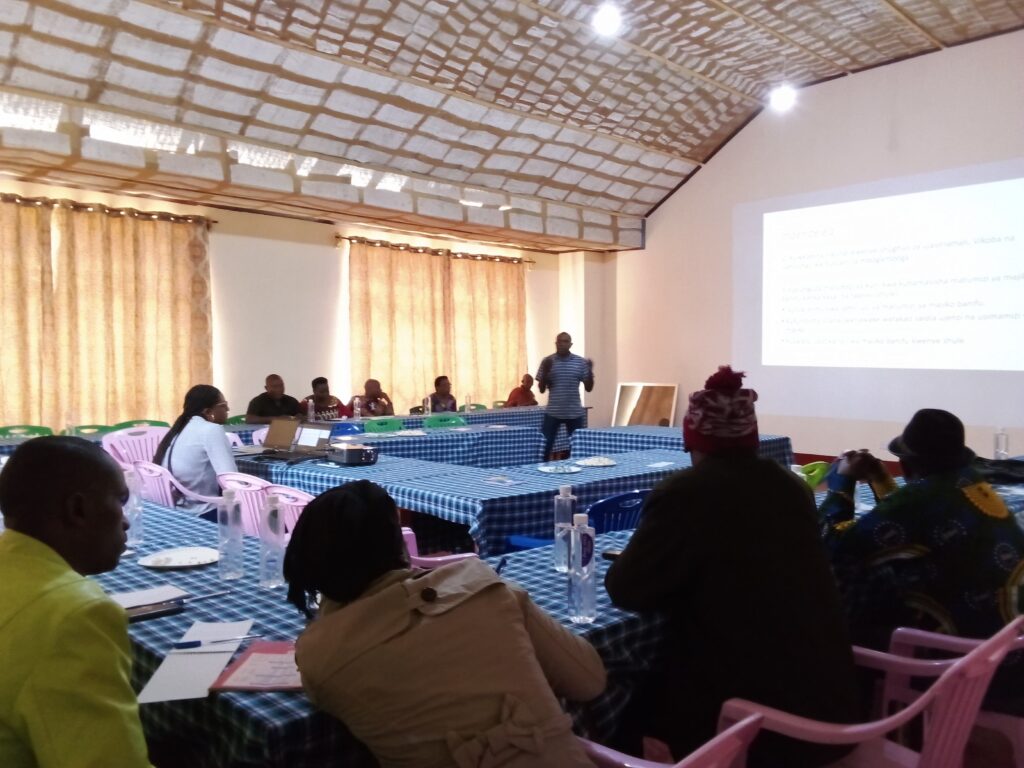
Our activities
FIDE is active in, but not limited to, the following Activities:
- Training women on entrepreneurship skills
- Enhanced earnings and livelihoods of women and youth through production and entrepreneurship
- Facilitating women and youth on the formation of the income-generating groups
- Facilitating women to form Village Savings and Loan Associations (VSLA)
- Mobilize and form farmers groups
- Training communities on climate-resilient and sustainable agriculture practices
- Increased community skills in climate resilient and sustainable agriculture (Agroecology)
- Increased sunflower,pigeon peas,beans and maize value chain production
- Training community on the preservation of farm soil
- Installing biogas plants
- Train artisans and building biogas plants
- demonstrating the use of bio slurry to increase vegetable and plant production
- Building solar powered water distribution systems to deliver water to schools and villages
- implementing village rainwater harvest system
- establishing pit reservoir for the collection of water during rainy season
- protecting water sources
- construction water systems for schools
- Empower village environmental commitees(VEC)
- Establishing tree nurseries and organizing tree planting campaign
- Engaging communities in biodiversity conservation
- support institutions and households with energy-saving stoves
- strengthening school environmental clubs.
Resources / Donors
FIDE conducts its activities with resources from beneficiaries, local experts, and donor friends inside and outside the country. Contributions are invited from donors, organizations and individuals, who share FIDE’s vision of empowering the people to own their own lives through work.
Why FIDE works in Babati
Babati District Council (BDC) is one of the seven Council’s of Manyara Region, Babati District Council was established as a result of dividing the Hanang’ District into two districts of Babati and Hanang’ and was officially documented in the Government Official Gazette No. 403 of the 1st October, 1985.It became autonomous in July 1986 as District Council. In September 2004 Babati District Council was again divided into two Councils to form Babati District Council and Babati Town Council.
Located at an elevation of 1339.09 meters (4393.34 feet) above sea level, Babati has a Tropical wet and dry or savanna climate (Classification: Aw). The district’s yearly temperature is 24.89ºC (76.8ºF) and it is 0.67% higher than Tanzania’s averages. Babati typically receives about 89.46 millimeters (3.52 inches) of precipitation and has 131.23 rainy days (35.95% of the time) annually. Babati peoples’ average income of hardly 1$ per day is not a good reflection of the excellent opographical and climatic conditions favourable for the creation of wealth.
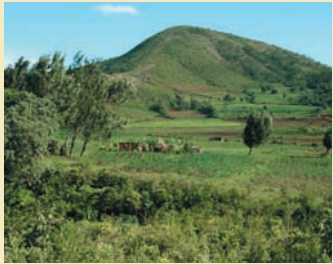
Inefficient farming methods
Farmers suffer from income poverty due to low and poor quality of produce caused by use of poor agricultural methods, severe soil errosion, limited
tools and farm inputs and inefficient extension system. Problems of low prices are also caused by poor roads and limited knowledge of markets.
Only 55% of arable land is being cultivated and only 18% of irrigatable land is under irrigation. Due to these reasons only 50% of the population in Babati District has income which is sufficient to obtain enough food to meet subsistance standards.
Malnutrition
Some areas have registered a considerable degree of chronic malnutrition and stunted growth in children under five. Women are poorer than men because of
lack of asset ownership (including land and livestock) and limited schooling.
The aforementioned scenario was calling for an organization that would bring together various stakeholders who would synergy and chart out the way
to rescue the people cought in the grinding poverty. FIDE came just in time to that noble duty. The first ten years of FIDE were basically used to prepare ground
for a strong collaboration with different stakeholders
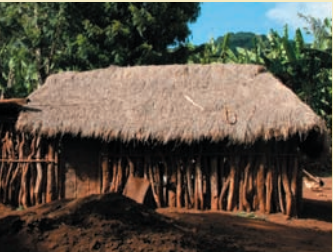
building partnerships and trust among people and mobilizing resources. The following years saw a vibrant organization – by the known as FIDE TRUST
FUND promoting small farmers to strong producer groups.
We proudly note with satisfaction that FIDE has successfully worked with different stakeholders to give our contribution in reducing poverty in a sustainable manner in all villages that we set our foot on.
The average income of an inhabitant of Babati is around 1$ a day and is
not a good reflection of the excellent topographical and climatic conditions
Our donors






OUR PARTNERS
